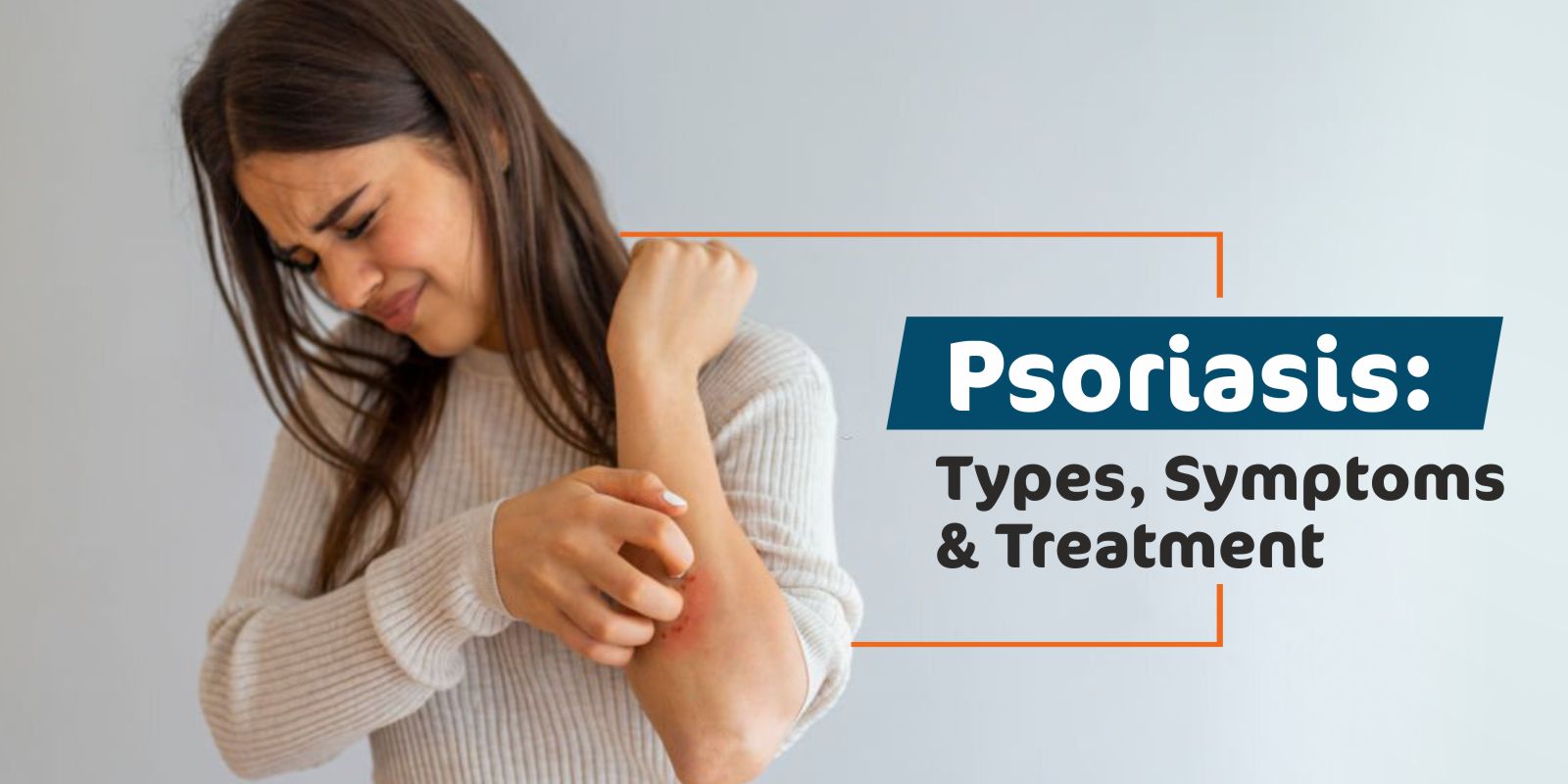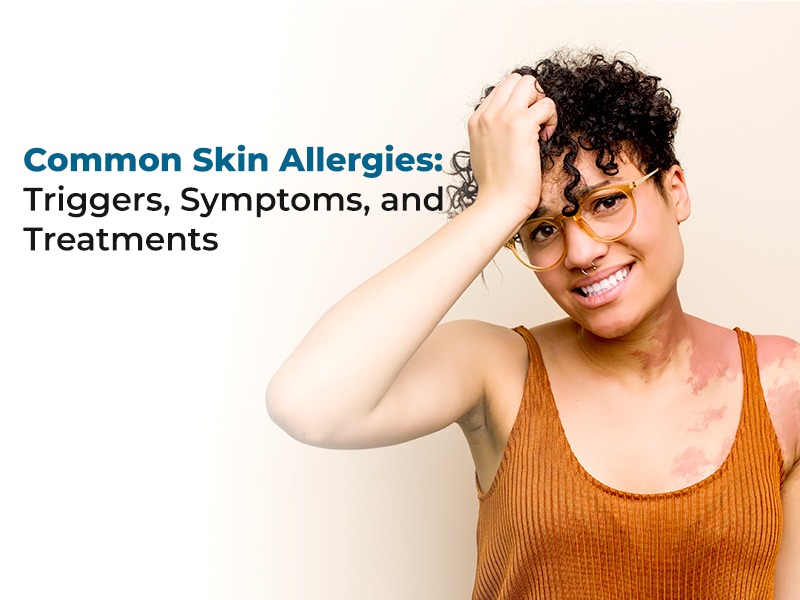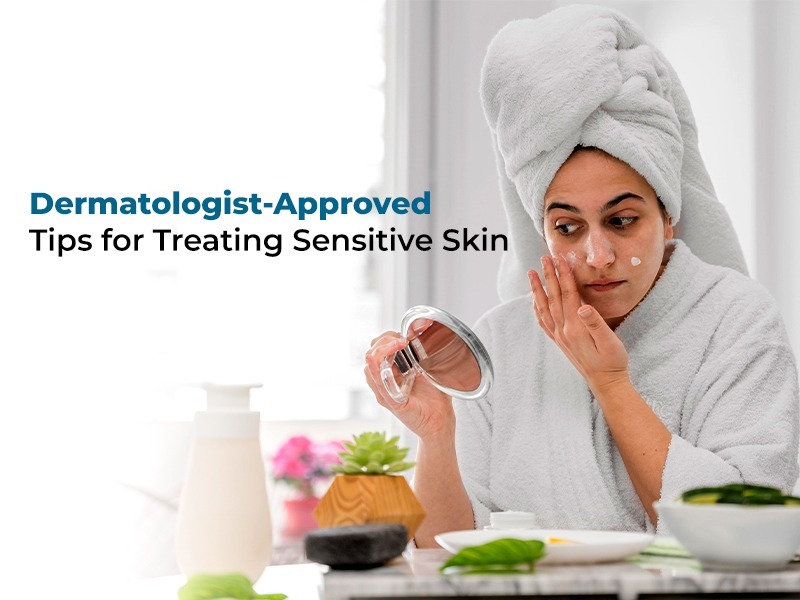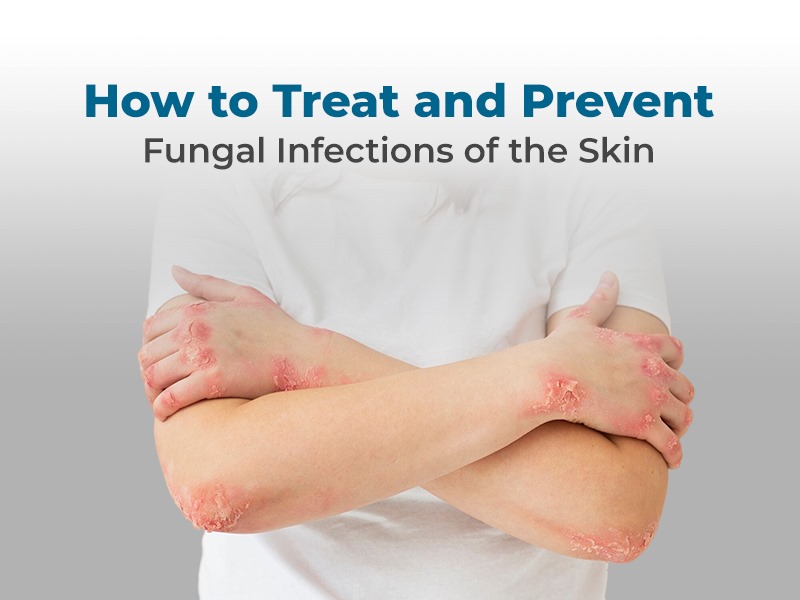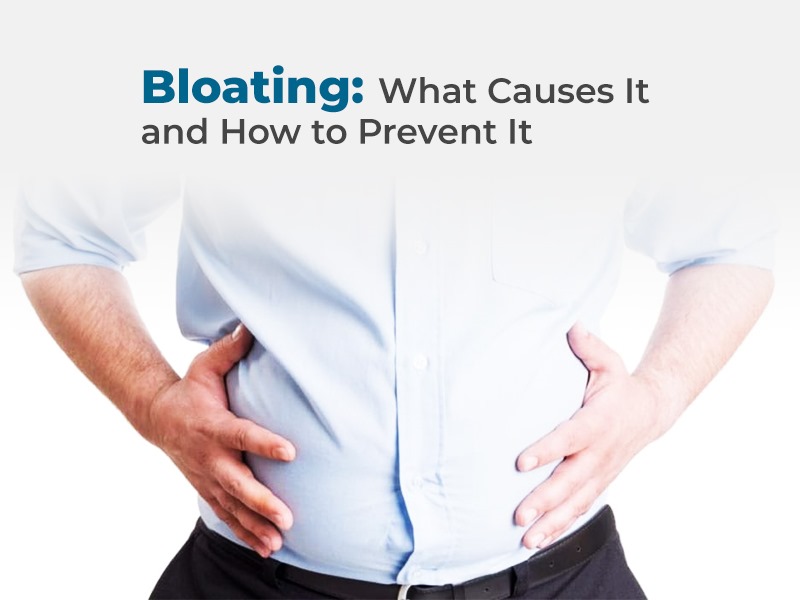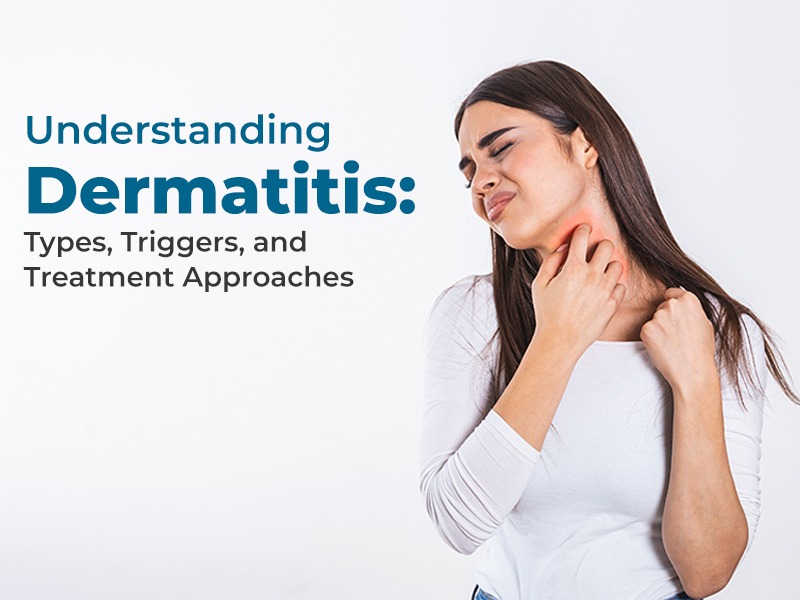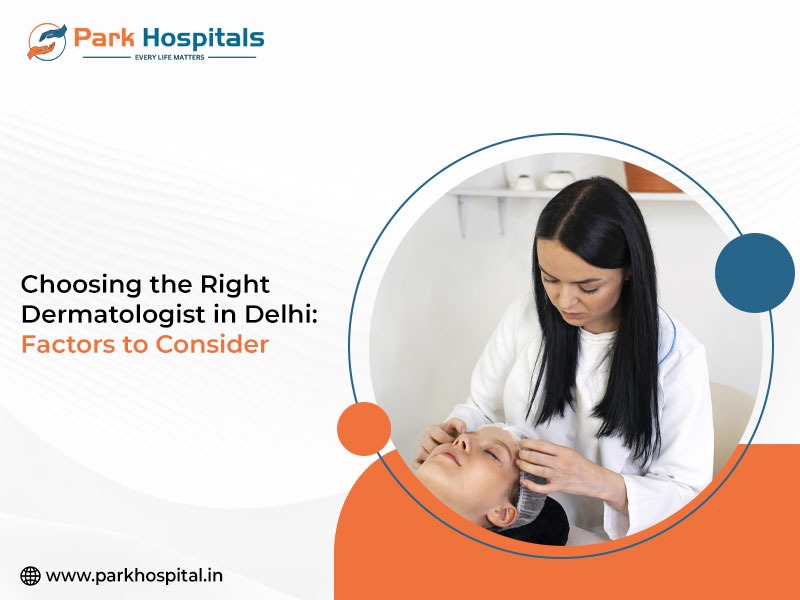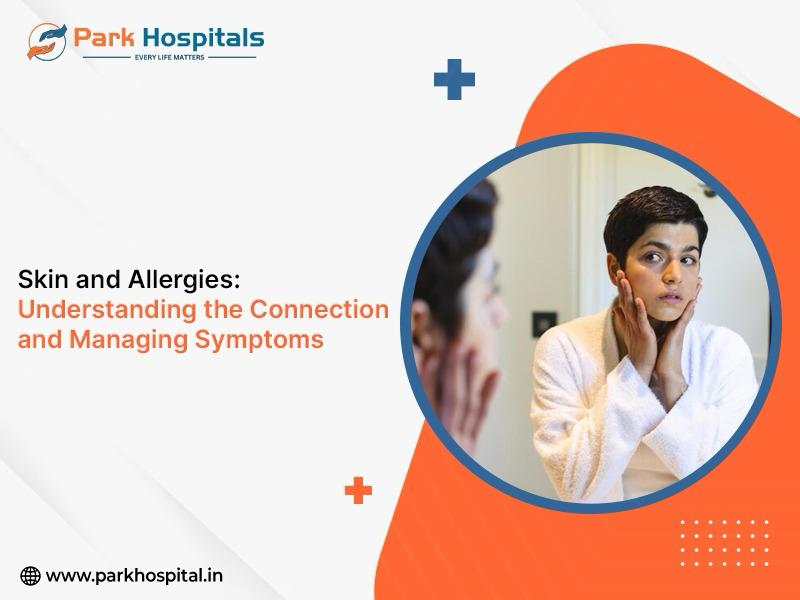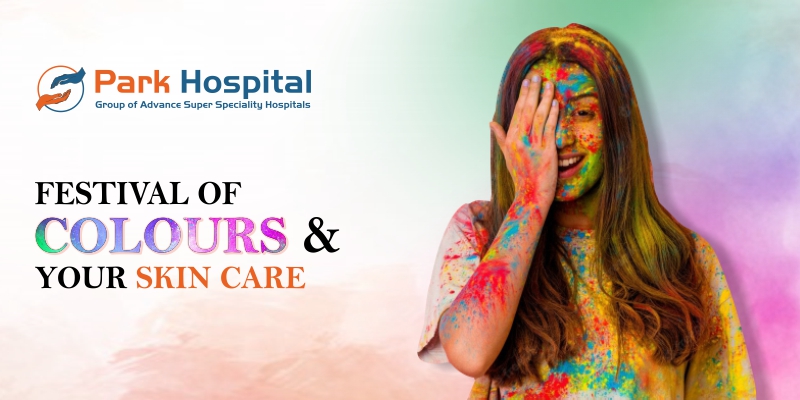Psoriasis is one of the most peculiar skin ailments. It is a chronic skin ailment which has no cure. The only thing that stops it from being a menace is that it does not spread from one person to another.
In Psoriasis, the affected areaís skin cell start to multiply at least 10x faster than normal creating rough and scaly patches of dead skin. These bumps and patches are red and white in colour. They are mostly painless but with increasing severity, these scales sometimes split the skin to develop deep wounds.
Another curious thing about Psoriasis is that there are no definitive causes behind this condition. It usually appears in young adults and can last a lifetime healing and coming back. In most people, Psoriasis affects a smaller surface area around the scalp, elbows, knees, and lower back; but it some cases it can turn severe and cover large parts of the body.
Symptoms, Causes and Variants of Psoriasis
The most common type of psoriasis is plaque psoriasis where hard, itch scales appear as plaque on the skin.
These plaque start small and affect areas like fingers, toes, elbows, knees, ears, and scalp. They start as really minute scaly and crusty growth which can spread if left unchecked. Some of them crack and bleed making the condition painful and wary of infection.
People with psoriasis can also get a type of arthritis called psoriatic arthritis. It causes pain and swelling in the joints.
Other common types of psoriasis are:-
Pustular psoriasis- It causes red and scaly skin with tiny pustules on the palms of the hands and soles of the feet.
Guttate psoriasis- It starts in childhood or young adulthood and affects mainly the torso and limbs. Its triggers may be respiratory infections, tonsillitis, stress, and injury to the skin. Some kinds of medications can also trigger it.
Inverse psoriasis- It causes bright red, shiny lesions to appear in skin folds, such as the armpits, groin, and under the breasts.
Erythrodermic psoriasis- It causes fiery redness of the skin and shedding of scales in sheets. It's triggered by severe sunburn, infections, certain medications, and stopping some kinds of psoriasis treatment. It needs to be treated immediately before it can become severe.
We cannot clearly say what exactly causes psoriasis. Some experts think of it to be a kind of immune reaction that causes the skin to grow rapidly and cause inflammation.
Diagnosis And Treatment
The diagnosis is done through a simple physical examination.
Although there is no definitive cure for psoriasis, there are various treatments and hacks available to manage the symptoms of the disease. Some of them slow the growth of new skin cells, and others relieve itching and dry skin.
Some of the most common treatments prescribed by dermatologists are:-
∑ Steroid creams
∑ Moisturizers for dry skin
∑ Coal tar ( for scalp psoriasis available in lotions, creams, foams, shampoos, and bath solutions)
∑ Vitamin D-based cream or ointment
∑ Retinoid creams
∑ UV Light Therapy- The doctor treats your skin with UV light to stop the growth of skin cells
Despite being no cure, Psoriasis can be controlled through these treatments and incorporating lifestyle changes as advised by your dermatologist.
If you have symptoms of psoriasis or its chronic condition which is failing to heal, please contact the best dermatologist at your nearest Park hospital, before the condition worsens. Park Hospitals are a group of multi-super specialty hospitals all over Delhi-NCR.

